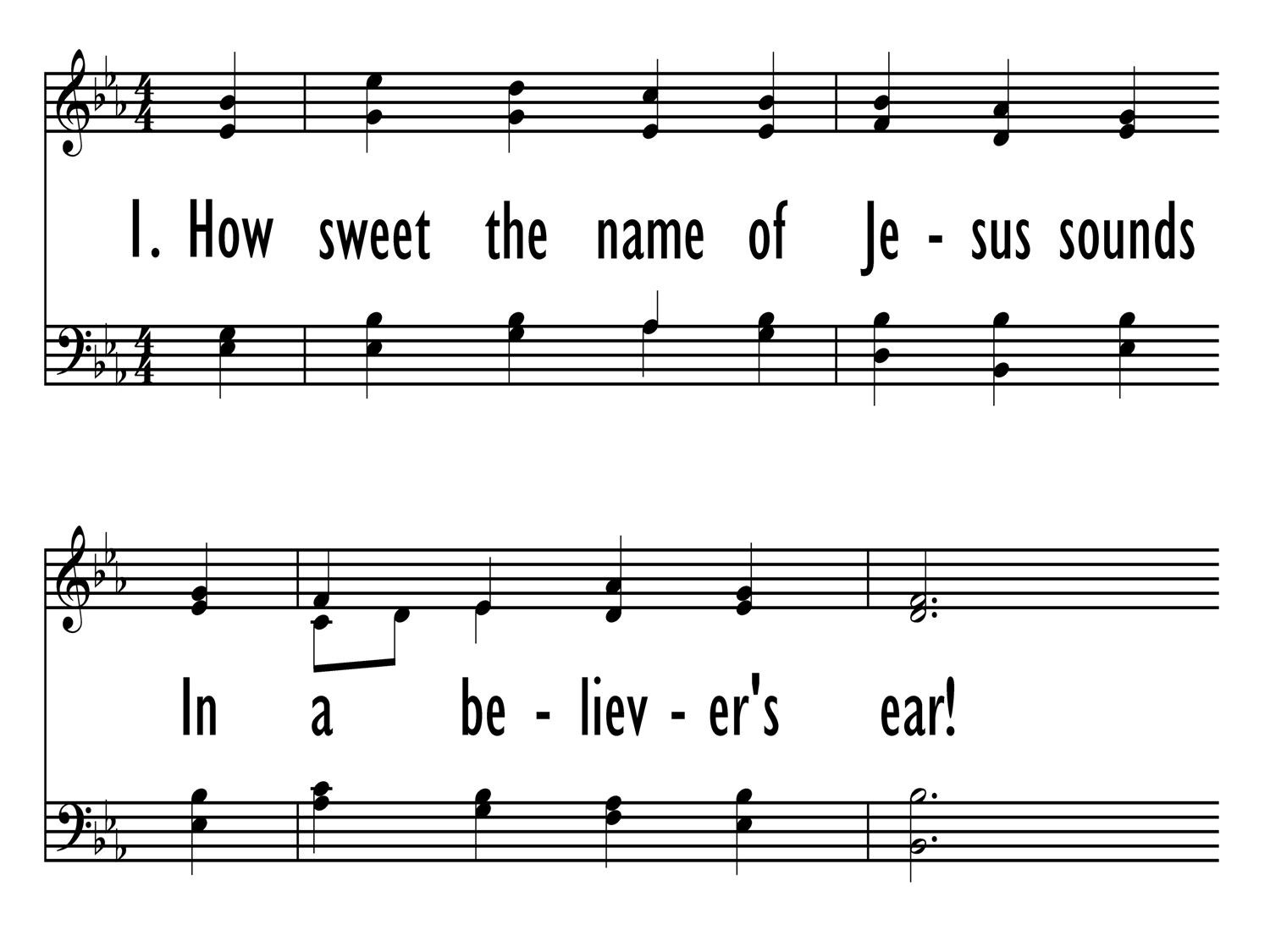Hymnary.org will be intermittently unavailable on January 9, 10:00 PM to 12:00 AM EST for system maintenance. Thank you for your patience.
Hide this message
Ancient and Modern #749a
Display Title: O Jesus, King most wonderful First Line: O Jesus, King most wonderful Tune Title: ST BOTOLPH (Slater) Author: Edward Caswall (1814-1878) Meter: CM Scripture: 2 Corinthians 4:5-6; Philippians 2:10-11; 1 John 3:2-3 Date: 2013 Subject: Adoration | ; Jesus | Name; Jesus | Names and images for; Joy | ; Light | Source: Jesu, Rex admirabilis, (Latin, c. 12th century)
Ancient and Modern #749a


 My Starred Hymns
My Starred Hymns









